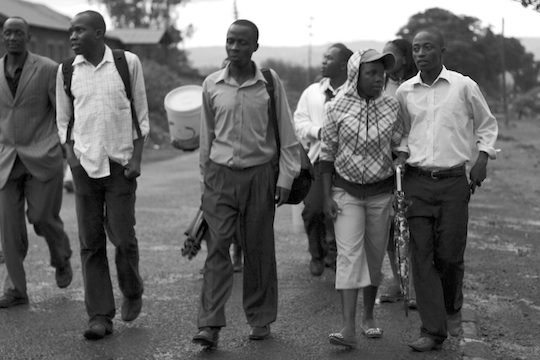Seventy Three
My father requested that I write a poem as his birthday gift this year.
Seventy three is but one more than seventy two.
We count the years as many, but for some they are few.If you were a Red Wood tree, tall and lean,
you would be but a child, only beginning.If you were a stone whose edges were made smooth,
your age would not be measured in years, but millennia.If you were a galaxy, long arms gradually closing in,
the embrace of your center would require eternity.But as a human, you are my father,
and I care not for these things.
Wisdom cannot be calculated nor can love be attributed to a clock, calendar, or the stars overhead. What I see when you turn from seventy two to three is one year more in which I have been blessed with a caring family.






